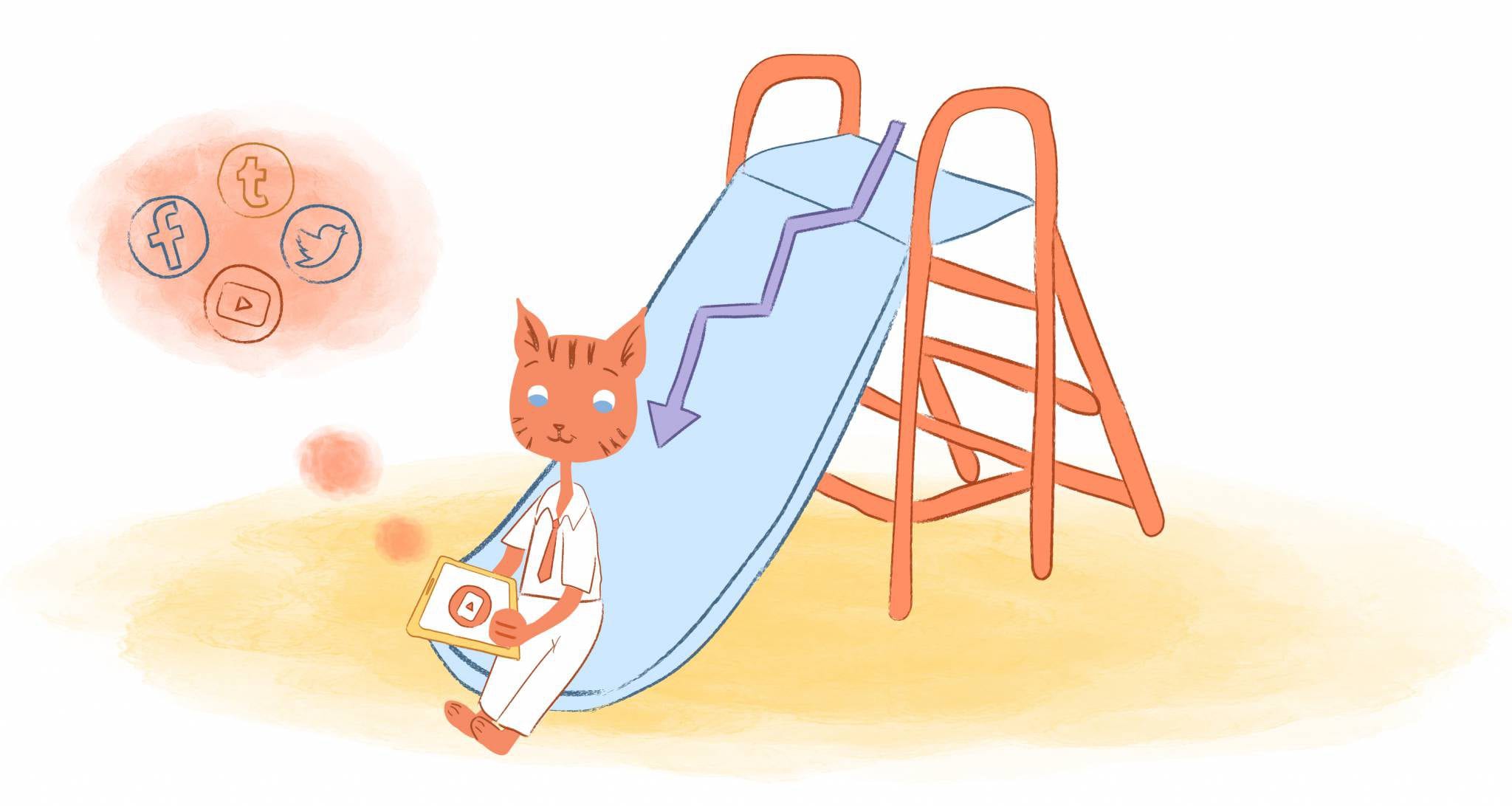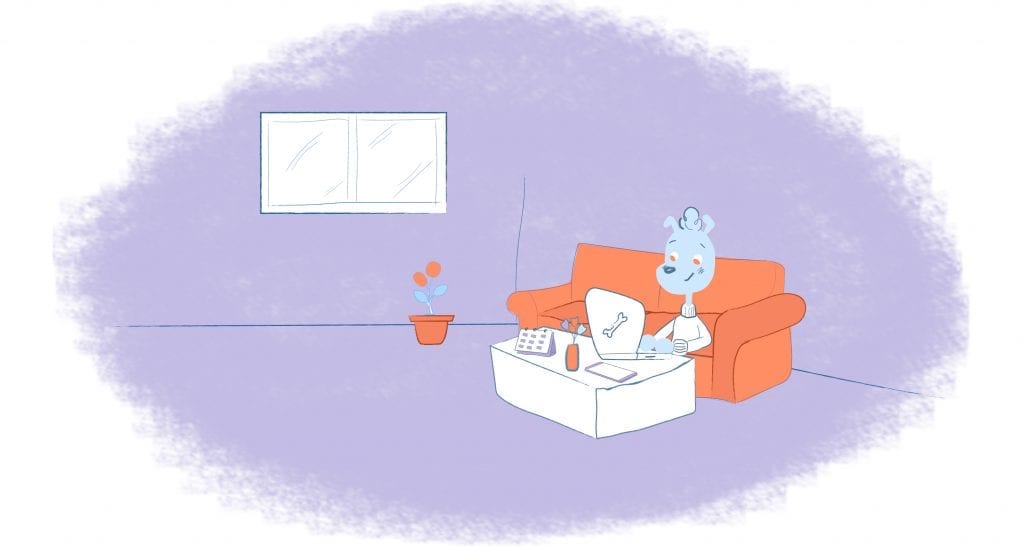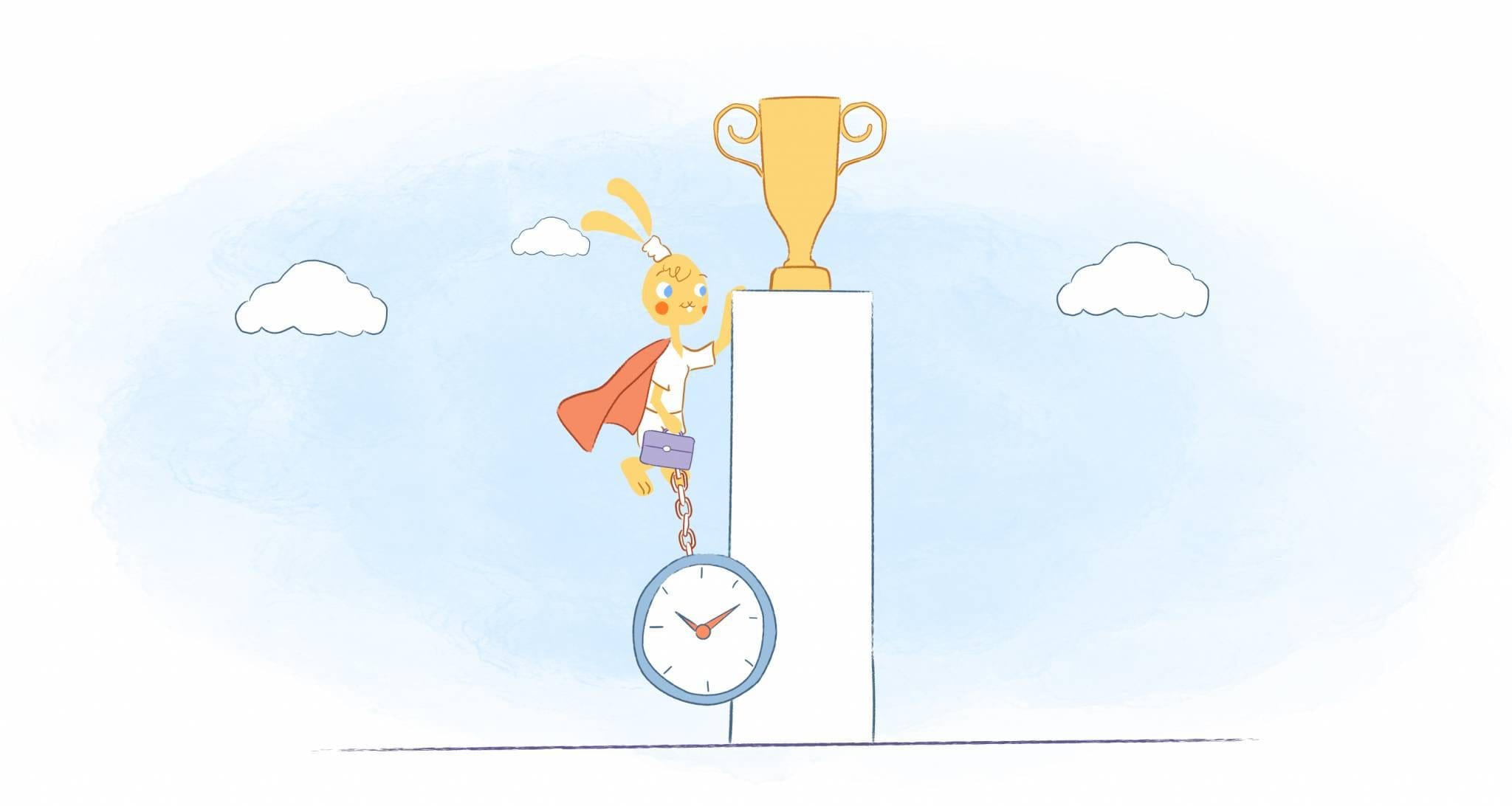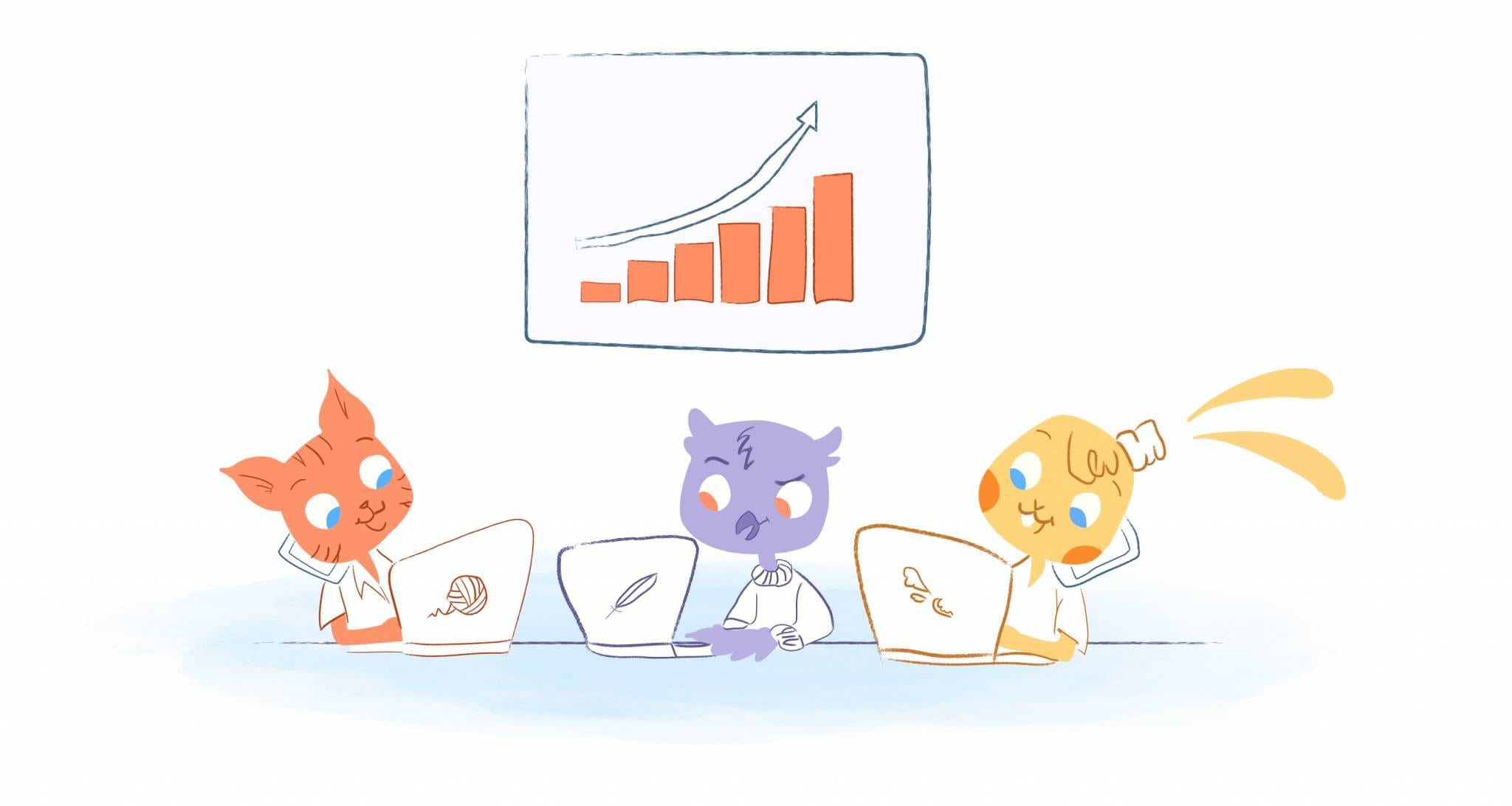

According to the Gallup 2019 Global Emotions Report, Americans are the most stressed, angry, and worried people in the world. In fact, this issue is at the highest levels in a decade.
“What really stood out for the U.S. is the increase in the negative experiences,” Julie Ray, Gallup’s managing editor for world news, told The New York Times. “This was kind of a surprise to us when we saw the numbers head in this direction.” However, I’m going to go out in a limb here and say that feeling the COVID-19 crisis, this unfortunate trend will continue.
But, is that really all bad news?
“Despite its negative reputation, not all worry is destructive or even futile,” said Kate Sweeny, worry researcher and psychology professor at the University of California, Riverside. “It has motivational benefits, and it acts as an emotional buffer.”
Sweeny’s research also found that “worry is associated with recovery from traumatic events, adaptive preparation and planning, recovery from depression, and partaking in activities that promote health and prevent illness.” As if that weren’t enough, those who worry perform better at school or work since they’re more likely to seek out more information and engage in successful problem-solving.
Of course, with all things in life, these benefits only occur when you worry in moderation.
“Extreme levels of worry are harmful to one’s health,” added Sweeny. “I do not intend to advocate for excessive worrying. Instead, I hope to provide reassurance to the helpless worrier — planning and preventive action is not a bad thing,”
It’s true. Excessive worrying can have dire side effects including insomnia, irritability, headaches, muscle tension, nausea, and elevate stress levels. It can also make it difficult to concentrate and make decisions.
So, how can you use worry to your advantage? Well, try out the following eight techniques.
1. Create a daily “worry” period.
Superfluous worrying can be crippling. Mainly this is because instead of spending your energy on productive thoughts and activities all of those anxious thoughts are distracting you.
One way to solve this is to create a daily “worry” period. When you do, you get those thoughts out of your head so you can focus on the present. Additionally, it allows you to put your worries aside until a more opportune time.
So, how can you do this? Well, block out a specific time to have your “worry” period. Ideally, this should take place at the same time every day. You can schedule this whenever you want. But. it shouldn’t be too close to your bedtime since it may interfere with your sleep.
After determining a time and place, jot down whatever concerns are on your mind. Personally, I think actually writing them on a piece of paper is most effective.
Next, go over your list and allocate a certain amount of time to worry about them. Hopefully, you’ll realize that some of these worries are actually unproductive meaning that they’re out of your control. For example, you personally can’t end the COVID-19 pandemic. But, you can come up with precautionary measures to keep you, your family, and employees as safe as possible.
The point when analyzing your list is to determine what you can change so that you can develop an action plan.
2. Prioritize: Do less, but better.
As Tonya Dalton, a productivity expert, explains to Business Insider, worrying can be a blessing in disguise. Case in point, your current fears over COVID-19.
Since many people have less to do right now, Dalton suggests using this time “to tackle something you can do that is tied to your business or career goal.” In fact, “research shows that adding some sort of limitation can really hone your focus so that you can deeply explore a creative thought,” dalton explains. “Constraints can direct us to make the best out of what we already have.” And, thanks to these constraints, “we can dedicate our mental energy to acting more resourcefully.”
“If you’re working from home these next few weeks, try using the time away from the office to work on that project you keep putting aside,” suggests Dalton. “Whether it’s starting that blog you always said you wanted to or catching up with former clients you haven’t connected within a while, you may just find this interruption to our regularly scheduled programming may work to your advantage.”
3. Achieve flow.
Flow state is another way of getting in the zone. Or, to put it more succinctly, entering an optimal state of consciousness. As Deanna Ritchie explains in a previous Calendar article, doing so will improve your performance since you’re more creative, focused, and happier.
Of course, this may seem impossible when you’re consumed with worry. But, Denna has some ways on how you can achieve flow:
- Cut out distractions, like turning off the TV or your smartphone.
- Work at your prime time. That means if you’re a morning person, that’s when you should plan on tackling your most challenging or important tasks.
- Pick your work wisely. Spend your time on activities that you enjoy or are capable of doing. If this isn’t possible, consider delegating or outsourcing them.
- Aim for mindfulness. You don’t always have to do yoga or meditation. But, you can become a little more present by taking a breather and focusing on the positives.
- Make sure that you aren’t hungry or thirsty. When you are you make poor decisions, like eating junk food. Instead, have water and healthy snacks nearby.
- Exercise your body and mind. Spend your breaks and downtime on activities that get you moving and stimulate your mind.
- Connect to a clear purpose. Remind yourself that what you’re doing connects to the big picture.
- Don’t flow alone. When possible, try to collaborate with others so that you can support and motivate each other.
- Seek feedback. If you can, seek out feedback as it provides “reinforcement, but it also helps clarifies goals,” notes Deanna. If it’s immediate, you’ll have the chance to make the proper adjustments.
- Reap the rewards. Don’t forget to take the time to celebrate your accomplishments.
4. Use adrenaline to your advantage.
“Both stress and anxiety raise your adrenaline levels making them go through the roof,” notes Howie Jones. “Known as the ‘flight or fight’ hormone, adrenaline is there when there are situations where you must react immediately.”
Want an example of this? Consider when you’re driving and you almost hit another vehicle because you didn’t see it as you’re changing lanes. “You quickly swerve back into the freeway lane you are supposed to be in — and you feel your heart pounding excessively.”
“Athletes are known for using this adrenaline rush before a game to give them an energy and alertness boost,” says Howie. “However, as explained by the Yerkes-Dodson curve, this only enhances performance to a certain point.” In other worse, having “too much adrenaline may have the opposite effect and hinder your performance.”
“The next time you’re nervous about speaking in front of people, give yourself a little adrenaline rush,” recommends Howie. “The purposeful use of amping-up the adrenaline hormone can make you more energetic and focused on your presentation.”
You can do this by listening to music that pumps you up. Or, as Alison Wood Brooks, a professor at Harvard Business School, found use “anxiety reappraisal.” It’s a simple technique where you tell yourself that you’re excited.
5. Get grounded and present.
“Apps like Headspace or Calm are interactive, supportive, and help to hold you accountable,” Katie Krimer, a licensed clinical social worker told NBC News. “They are an active way to productively address your anxious thoughts and increase self-awareness. At best, your anxiety is minimized, at worst, you’ve taken some time to gently observe how busy your mind is.”
You can also try practicing physical grounding.
“This means shifting out of your head and into your body,” explains Natalie Finegood Goldberg, a licensed marriage and family therapist. “This can be done by throwing a tennis ball against a wall, standing in place and shifting your weight back and forth, or any act that allows you to focus on the connection of your body to anything physical.”
“In doing so, you create a shift in the nervous system that allows your body to slow down so you can return to a healthy equilibrium that allows for rational thought,” adds Goldberg.
6. Don’t isolate yourself.
When all else fails schedule time to chat with a friend, family member, mentor, or colleague. Even if it’s not work-related you can turn to these individuals to voice your concerns. Sometimes just having someone listen to your worries can help out them at bay. Or, they may be able to help you work through your thoughts.
As for work, making use of virtual meetings counters feeling isolated — especially right now while self-isolating. It also allows you to receive feedback and brainstorm ideas on how to solve problems. Besides, having a buddy at work keeps you accountable and motivated, while also boosting your morale.
7. Call in Pavlov’s dogs.
I don’t want to go too much into detail regarding Ivan Pavlov and his famous pooches. But, in the word of psychology, this a great example of classical conditioning where two stimuli are linked together to create a response. For Pavlov, this was training his dogs to salivate when he rang a bell.
What does this have to do with productivity? Well, you could use cues to trick your mind into working. For example, after you’ve established a schedule, you would go to your workspace and play your work playlist or light a candle to signal that it’s time to get to work.
8. Don’t overdose on the news.
As you know, it’s vital that you take breaks throughout the day. But, it’s just as important to use this downtime wisely instead of catching-up on the latest news, such as the latest coronavirus developments.
I know that you want to be informed. And, you should. However, you also need time to relax. So, set strict time limits on how long you’ll be on social media or catch-up on the news. Instead, go outside for a walk, engage in self-care, taking an online class, or even indulging in an episode of your favorite sitcom.
How have you been able to stay productive while worrying?











Angela Ruth
My name is Angela Ruth. I aim to help you learn how Calendar can help you manage your time, boost your productivity, and spend your days working on things that matter, both personally and professionally. Here's to improving all your calendars and becoming the person you are destined to become!